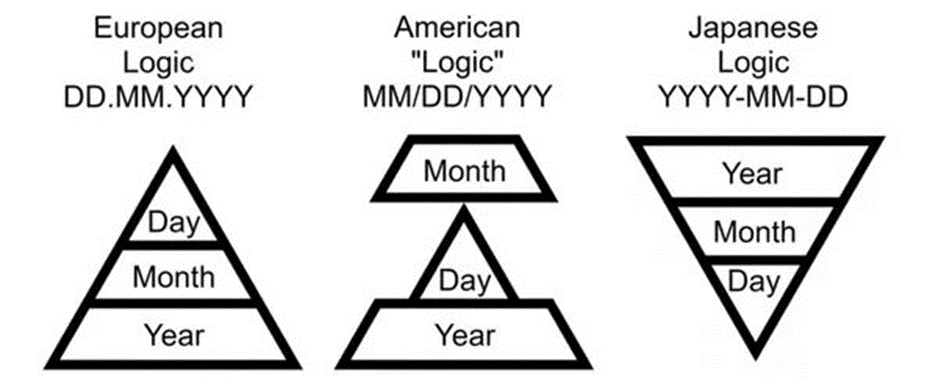A nurse is caring for a 3-year-old child who was admitted with acute diarrhea and dehydration. Which of the following findings indicates that oral rehydration therapy has been effective?
Respiratory rate of 24 breaths/min
Heart rate of 130/min
Urine specific gravity of 1.015
Capillary refill of greater than 3 seconds
The Correct Answer is C
Choice A reason: A respiratory rate of 24 breaths/min is within the normal range for a 3-year-old child. It does not indicate the degree of hydration or dehydration of the child.
Choice B reason: A heart rate of 130/min is above the normal range for a 3-year-old child, which is 80 to 120/min. It may indicate dehydration, fever, pain, or anxiety. It does not indicate the effectiveness of oral rehydration therapy.
Choice C reason: A urine specific gravity of 1.015 is within the normal range for a child, which is 1.005 to 1.030. It indicates that the child's urine is adequately concentrated and that the child is well hydrated. It is a reliable indicator of the effectiveness of oral rehydration therapy.

Choice D reason: A capillary refill of greater than 3 seconds is abnormal and indicates poor peripheral perfusion. It may be a sign of dehydration, shock, or hypothermia. It does not indicate the effectiveness of oral rehydration therapy.
Nursing Test Bank
Naxlex Comprehensive Predictor Exams
Related Questions
Correct Answer is A
Explanation
Choice A reason: The American format for writing dates is month/day/year, so 2/20/2024 is the correct way to write the date February 20, 2024.

Choice B reason: The European format for writing dates is day/month/year, so 20/2/2024 is not the correct way to write the date in the American format.
Choice C reason: The ISO format for writing dates is year/month/day, so 2024/2/20 is not the correct way to write the date in the American format.
Choice D reason: This is an invalid format for writing dates, as there is no month with 20 days.
Correct Answer is {"dropdown-group-1":"A","dropdown-group-2":"D"}
Explanation
Choice A reason: Hypovolemia is a condition of low blood volume due to fluid loss from the burn injury. It can cause decreased urine output, hypotension, tachycardia, and poor skin turgor. The nurse should monitor the client's vital signs, fluid intake and output, and weight. The nurse should administer lactated Ringer's solution to maintain urine output of 30 ml/hr.
Choice B reason: Hyperkalemia is a condition of high potassium levels in the blood due to cellular damage from the burn injury. It can cause peaked T waves, dysrhythmias, muscle weakness, and cardiac arrest. The nurse should monitor the client's serum potassium levels, electrocardiogram, and cardiac status. The nurse should avoid administering potassium-containing fluids or medications.
Choice C reason: Hypocalcemia is a condition of low calcium levels in the blood due to fluid shifts from the burn injury. It can cause positive Chvostek's sign, tetany, seizures, and hypotension. The nurse should monitor the client's serum calcium levels, neurological status, and blood pressure. The nurse should administer calcium supplements as prescribed.
Choice D reason: Hypernatremia is a condition of high sodium levels in the blood due to fluid loss from the burn injury. It can cause dry mucous membranes, thirst, agitation, and seizures. The nurse should monitor the client's serum sodium levels, hydration status, and mental status. The nurse should administer hypotonic fluids as prescribed.
Whether you are a student looking to ace your exams or a practicing nurse seeking to enhance your expertise , our nursing education contents will empower you with the confidence and competence to make a difference in the lives of patients and become a respected leader in the healthcare field.
Visit Naxlex, invest in your future and unlock endless possibilities with our unparalleled nursing education contents today
Report Wrong Answer on the Current Question
Do you disagree with the answer? If yes, what is your expected answer? Explain.
Kindly be descriptive with the issue you are facing.
